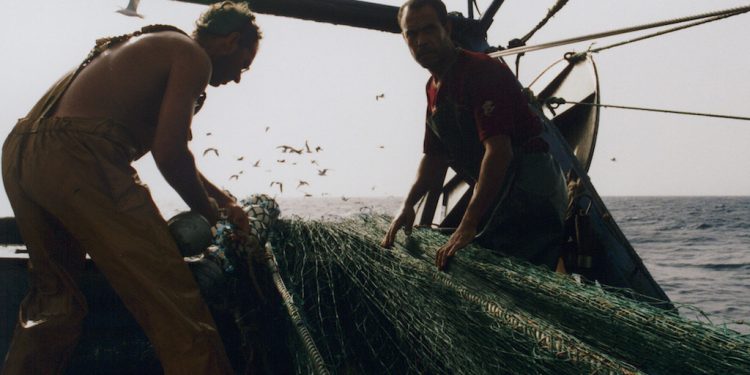The initiative by eNGO Oceana to target the Spanish demersal fleet fishing in the Alborán Sea has been slammed by Spanish industry federation Cepesca and the Andalusian Federation of Fishing Associations (FAAPE), representing Western Mediterranean fishermen.
The two organisations describe Oceana’s efforts as serving only to ‘to confuse public opinion with conspiracy theories that hide the truth in favour of other economic interests,’ and as being against the interests of thousands of people whose work is ‘completely legal.’
According to Cepesca and FAAPE, the NGO’s position does not have the support of scientific institutions such as the Spanish Institute of Oceanography ( IEO), the Spanish National Research Council (CSIC) or ICES.
‘It is worrying that an organisation that bases its arguments on mere speculation can seriously attack the livelihoods of fishermen who carry out their activity in a manner, not only legal, but also exemplary,’ said José María Gallart, president of FAAPE and VP of Cepesca, speaking on behalf of the region’s coastal fleet.
‘Fishermen have been involved in responsible fishing for years, with a high social and environmental commitment, and therefore, we are not willing to let subjective fallacies from people who do not know the area or the activity tarnish our good work and jeopardise the livelihoods of thousands of families.’
He commented that fishing in the Alborán Sea takes place under established legal regulations, both in terms of the number of vessels and fishing areas. José María Gallart further pointed out that in the Northern Alborán Sea (subarea GSA2), to which Oceana makes specific reference, fewer than five boats operate during the autumn and winter months, and for the rest of the year a maximum of 15 are active.
According to FAAPE, there is a system of zoning according to depth and species, based on extensive scientific research, as a result of which fishing areas are strictly defined.
‘Fishermen in the region are aware of and comply with these regulations, and meetings are held regularly with the Fisheries of the Ministry of Agriculture, Fisheries and Food (MAPA) and those responsible for Marine Protected Areas, to review and define fishing conditions,’ José María Gallart said.









